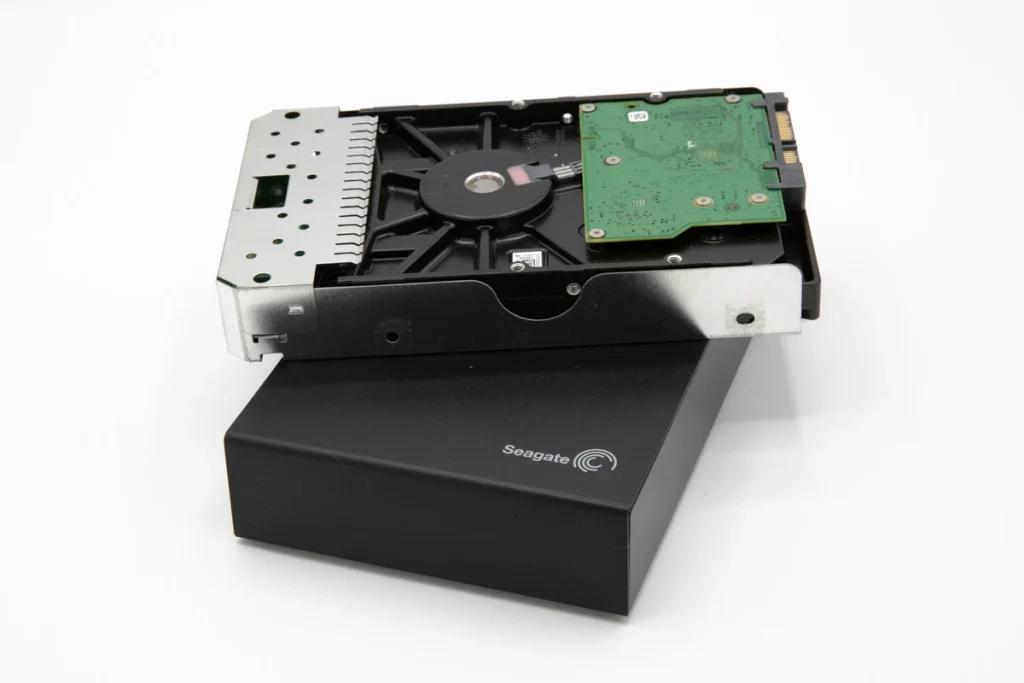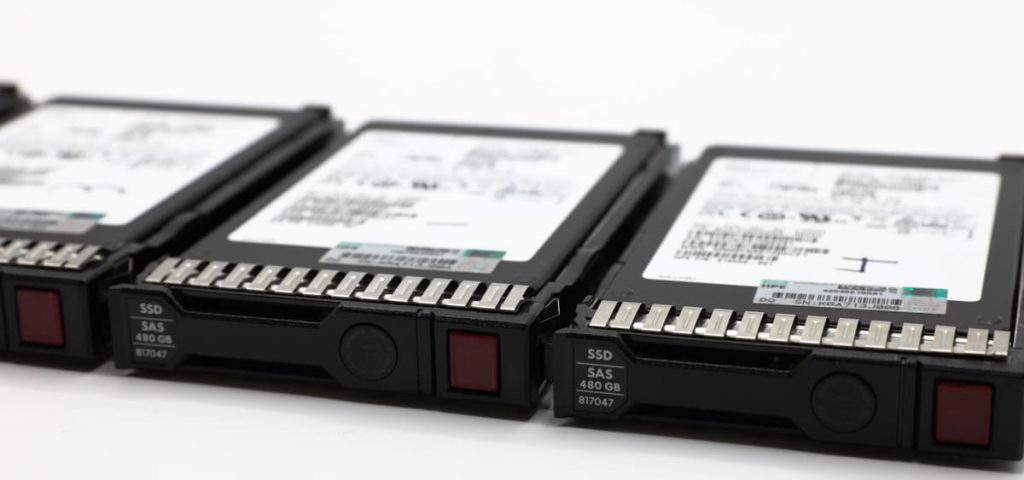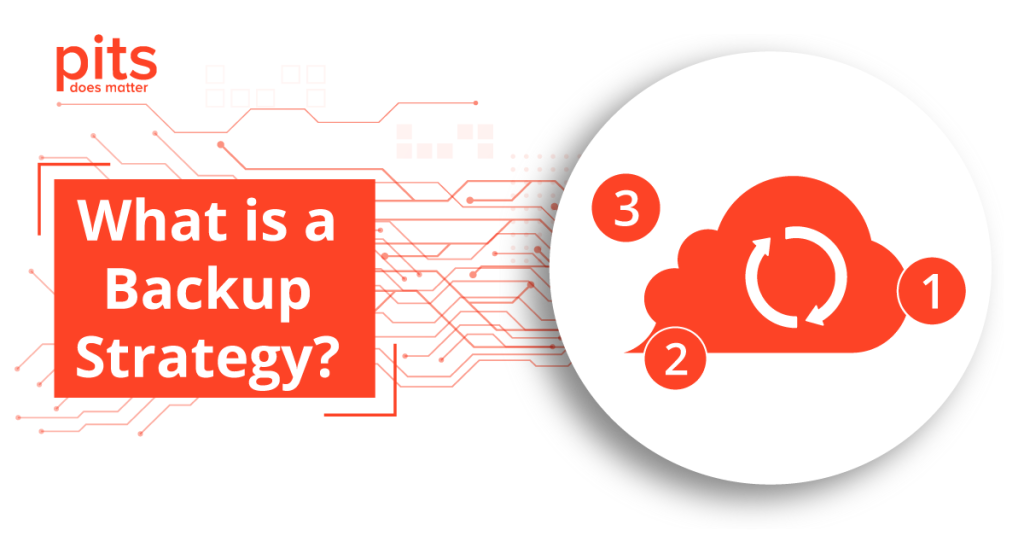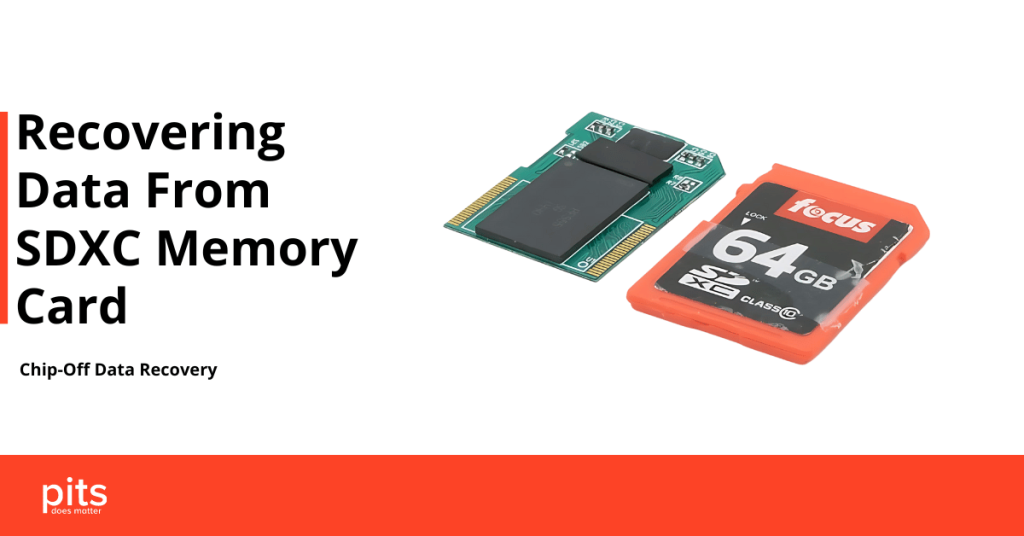Checking the health of your hard drive allows you to identify any potential issues before they become major problems that could result in data loss or system failure. A hard drive is a fundamental element of any laptop and desktop computer. This device processes all the information. It contains several sensitive and complex components working on the scale of nanometers. People rely on hard disks and solid-state drives to keep all their essential data safe. Manufacturers try to design these devices as durable as possible. However, this storage is susceptible to failures and may not be error-free.
To avoid hard drive collapse and complete data loss, every user must do regular backups and check the device’s condition. There are several ways to monitor the hard drive’s health and prevent data loss if necessary. This guide will walk you through checking the hard drive health using Windows 10’s and 11’s built-in tools and other methods.
How to Check Hard Drive Health Windows 10 and 11
Several methods are available for examining the condition of your hard drive on Windows 10 and 11. Thanks to its user-friendly interface, it is easy to monitor your device’s performance and health on Windows 10 and 11. To check your hard drive’s health, simply access Windows Security and follow these steps:
In the “Device performance & health” section, you’ll gain useful insights into your device’s well-being, including your hard drive’s health. Windows Security will provide details about potential issues or concerns about your hard drive’s performance. It might include details about disk errors, fragmentation, or other indicators of a compromised hard drive.

Command Prompt Method
The Command Prompt method presents a detailed and informative way to gather insights. You can understand its condition completely by delving into the technical sophistication of your hard drive’s status. Here’s a step-by-step guide on how to use the Command Prompt method for this purpose:
Whether you select the user-friendly interface of Windows Security or the detailed insights provided by the Command Prompt method, regularly evaluating your hard drive’s health is a simple yet effective practice.
Other Methods of the Hard Drive Health Check
When it comes to ensuring the health and reliability of your hard drive, various methods are available for conducting a thorough check. These methods go beyond the basic diagnostics and comprehensively assess the hard drive’s condition.
Listening to Your Drive
If something needs to be fixed with your storage devices, it will not stay unnoticeable. One of the most common signs of malfunction is a strange sound. Unusual noises indicate something is wrong with your hard drive, and you should immediately replace any noisy storage to avoid data loss. Listen for whirring, grinding, or beeping sounds when your hard drive boots up. Occasional clicks are not necessarily severe symptoms, but constant clicking mixed with poor performance indicates an issue.
Physically Inspect your Drive
It is expected that if the hard drive faces any difficulties, it will be shown on the device's exterior. So, for example, you can check the PCB's condition and determine if any damage was done. Burning smells and overheating are common signs of the Printed-Circuit Board failure; noticing them does not mean anything good.
Watch Your Usage
One of the best methods to keep the hard drive safe is to avoid overloading it. Every hard drive must be fitted for the user's needs, and choosing an appropriate device for your tasks is essential. It is also crucial to leave free space on your drive and not fill it. Otherwise, the operating system will not have room to write the required data.
But whatever you do for your hard drive, you can never predict failure. A hard drive collapse is an unexpected event that can happen anytime, anywhere. Hence, you have to be always prepared for this situation.
Preventing Hard Drive Failure: Tips to Keep Your Data Safe
To prevent hard drive failure, checking hard drive health regularly and making regular backups of your data is important. A hard drive health check will enable you to detect any potential issues early on. This way, you can take action to ensure that you don’t lose access to the valuable information stored on your hard drive.
Besides regular hard drive monitoring, the main thing you can do to save your files is to keep them backed up somewhere safe. A backup protects you from data loss and saves your future time and money. Look into cloud backup, external backup drives, and other methods to minimize your risks.
Still, if the failure occurs, you need a reliable data recovery company to save your files. PITS Global Data Recovery Services has years of experience working with various hard drive types, brands, and models.
Our engineers regularly attend qualification courses to help clients with any failure they are dealing with.

In addition, our company keeps up with the time and constantly renews the data recovery equipment. Checking the health of your hard drive is an important task that can help you prevent data loss and system crashes. There are several ways to check the health of your hard drive, and the most common method is to use software utilities designed for this purpose.
Many operating systems come with built-in disk-checking tools, such as CHKDSK on Windows and Disk Utility on Mac, which can scan the hard drive for errors and report any issues found. Third-party software tools, such as S.M.A.R.T. (Self-Monitoring, Analysis and Reporting Technology) data, can provide more detailed information about the hard drive’s health.
It is recommended to check the health of your hard drive regularly and back up your important data to avoid losing important files.
Hence, with our skilled engineers, state-of-the-art technologies, and modern approach, we will successfully restore your lost data and provide excellent service. All you have to do to get our professional assistance is to contact us by calling our customer service line or filling out the request help form with all the detailed information.
Frequently Asked Questions
How long does a hard drive last?
The lifespan of a hard drive differs, but on average, standard HDDs might last around 3 to 5 years, while modern SSDs can last 5 to 10 years or more. Aspects like usage, environmental conditions, and manufacturing quality influence their longevity. Regular backups and right care can help extend their lifespan.
How much HDD health is good?
A good HDD health is normally shown by a status of “OK” or “Healthy.” When using built-in tools like Windows Security or Command Prompt, these statuses indicate that the hard drive is functioning optimally without any imminent issues. Regularly checking for this status and addressing any possible problems promptly can help maintain the overall health and performance of the hard drive.
How can I check my hard drive health for free?
There are many ways to check hard drive health without paying any money. You can use built-in disk-checking tools, such as CHKDSK on Windows and Disk Utility on Mac for free.
How do I scan my external hard drive for problems?
- Connect the External Hard Drive
- Open File Explorer
- Locate the External Hard Drive: Find your hard drive under “This PC” or “Devices and drives.”
- Right-click on the Drive: Right-click on the icon showing your external hard drive and select “Properties.”
- Navigate to Tools: In the Properties window, select the “Tools” tab.
- Check for Errors: Under the “Error checking” part, click the “Check” button. It will initiate a scan for errors and problems on the external hard drive.
- Follow Instructions: Depending on the scan results, you might be prompted to fix any detected errors.


